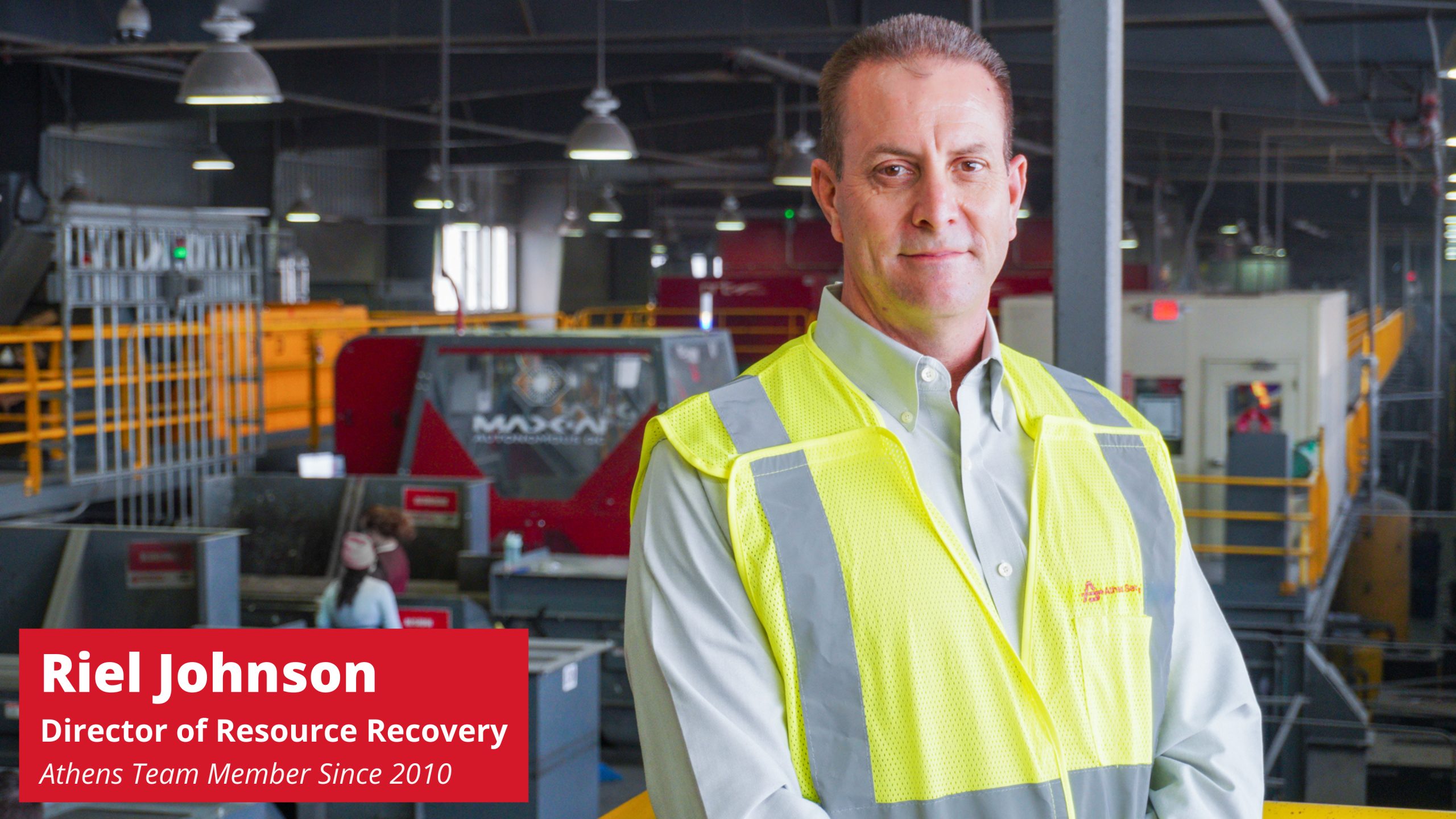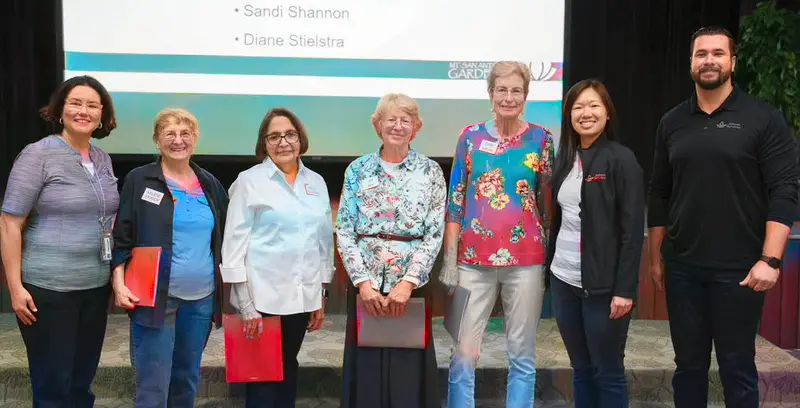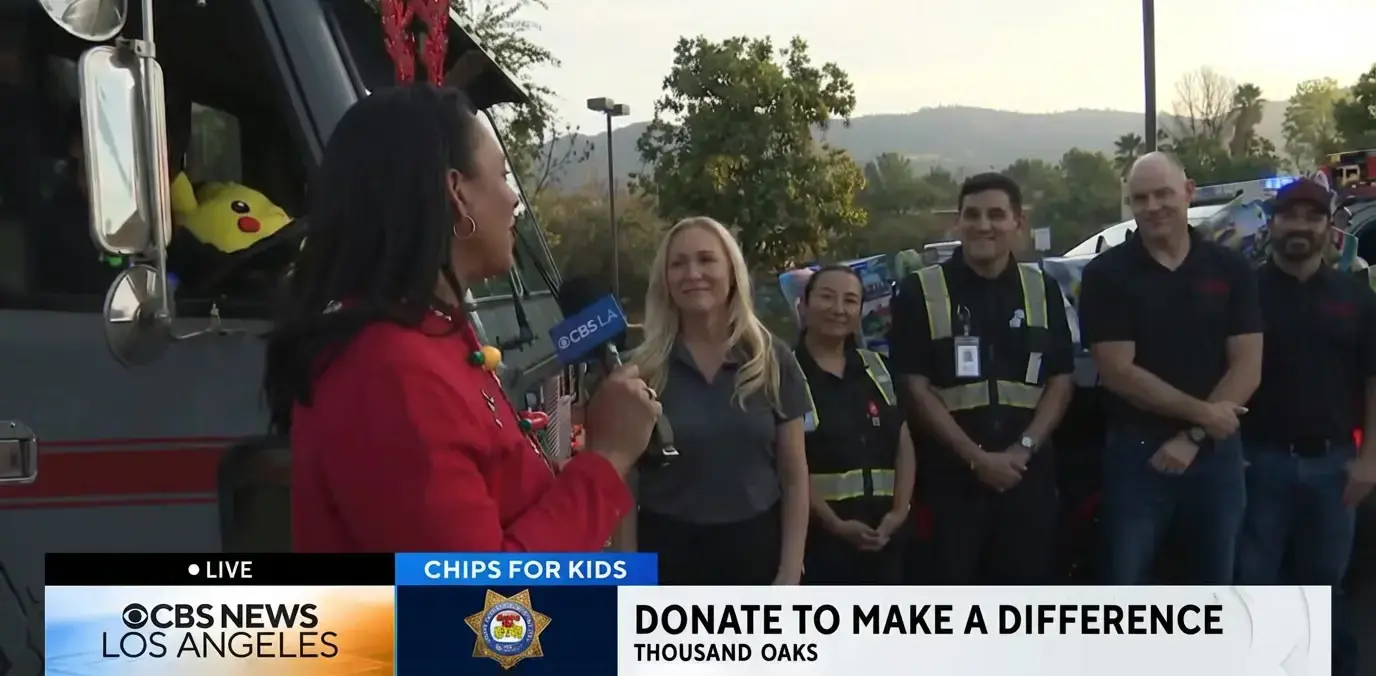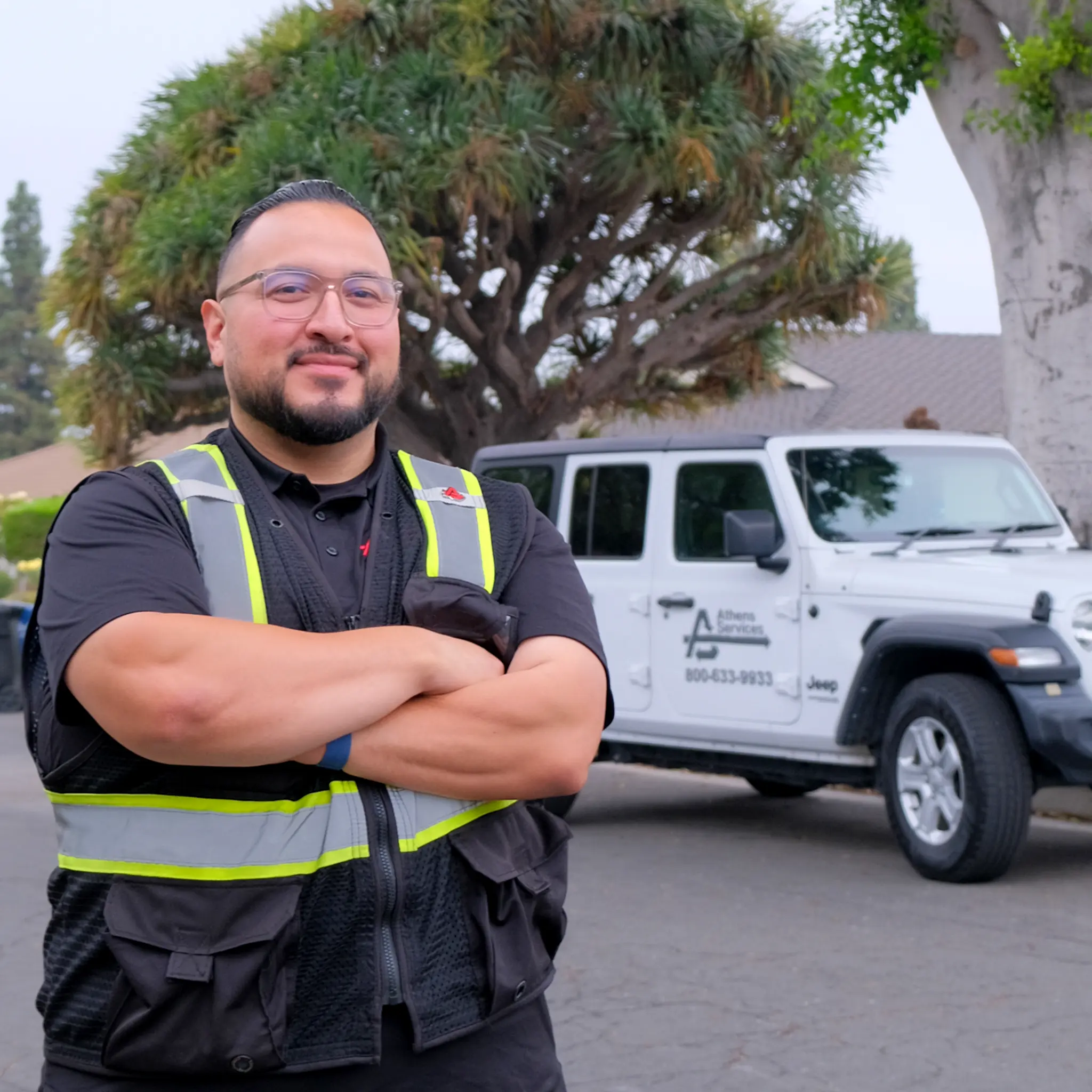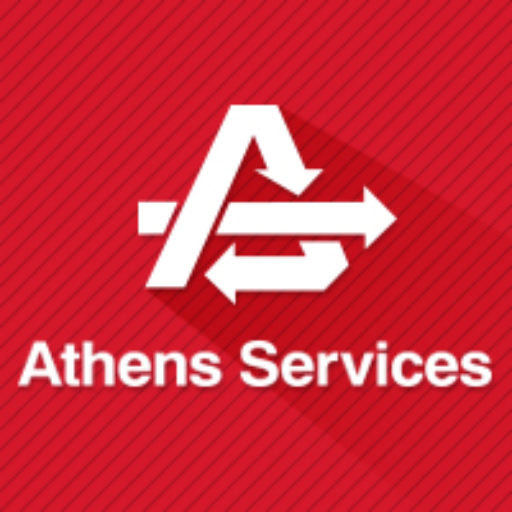The Next Level of Organic Waste Processing
Riel is developing new technology at existing facilities. Under his direction, the City of Industry MRF is the first to have an organic separation press (OSP). The OSP uses an auger (screw) press to squeeze liquids from waste. Once the liquid is recovered and diverted from landfills, it goes to a wastewater treatment plant to produce renewable natural gas. The OSP is capable of generating 20,000 tons of material annually for beneficial reuse.
In similar fashion, American Organics is pioneering the use of an auger screen to sort organic waste for processing into compost. The facility recently converted to a covered aerated static pile (CASP) composting method. It produces high-quality compost faster than traditional systems. It forces air through piles while the compost is breaking down.
At Crown Recycling, a second-generation organic separation press is in development. It will separate food from packaging containers in a process known as depackaging. “It can tear open containers and harvest food products from metal, plastic, or glass containers,” he said. The press will process organic material that can produce methane fuel for Athens’ vehicle fleet.
According to Riel, these systems will help municipalities meet organic waste disposal standards. “Specifically, diverting food waste and creating compost will help meet SB 1383 mandates to reduce methane.”
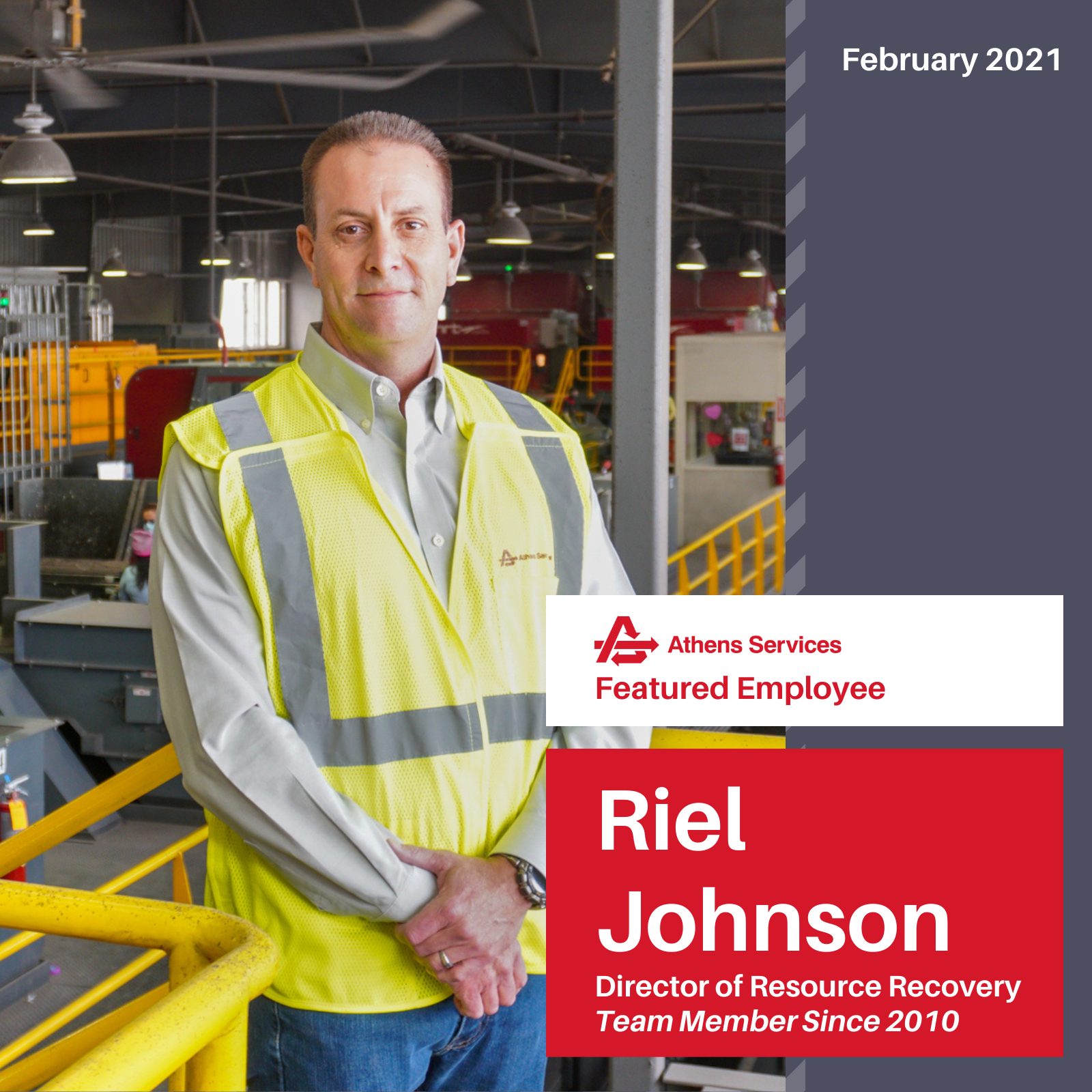
 Customer Service
Customer Service Bulky Pickup
Bulky Pickup Request Services
Request Services Pay Bill
Pay Bill
